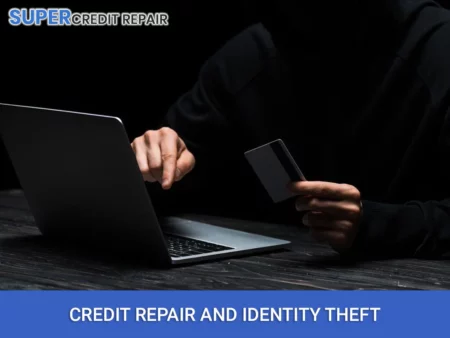 Introduction
Introduction
In today’s digital age, where personal and financial transactions are increasingly conducted online, the risk of identity theft has escalated significantly. It’s more important than ever to understand how to protect your identity and the necessary steps to take if it becomes compromised. This detailed guide will explore both proactive measures you can implement to safeguard your identity and the remedial actions to undertake if you fall victim to identity theft.
Understanding Identity Theft
Identity theft involves the unauthorized acquisition and use of someone’s personal information, typically for financial gain. This crime can manifest in various forms, from unauthorized credit card transactions and bank withdrawals to fraudulently opening new accounts or obtaining loans in your name. Early detection and understanding of the nuances of different types of identity theft are crucial for effective protection and response.
Types of Identity Theft
– Financial Identity Theft: The most common form where your personal information is used to access financial resources.
– Medical Identity Theft: When someone uses your identity to obtain medical services or drugs.
– Criminal Identity Theft: This occurs when a criminal impersonates you during a legal encounter.
– Synthetic Identity Theft: Combining real and fake information to create a new identity.
Proactive Measures for Identity Protection
Regular Monitoring of Credit Reports
One of the most effective ways to detect identity theft is by regularly reviewing your credit reports from the three major credit bureaus: Equifax, Experian, and TransUnion. This practice allows you to spot any unauthorized activities or inaccuracies early, such as unfamiliar accounts or inquiries.
Utilizing Fraud Alerts
Placing a fraud alert on your credit reports is a proactive measure that requires creditors to verify your identity before opening new accounts or making changes to existing ones. There are two main types of fraud alerts:
1. Initial Fraud Alerts: Ideal for those suspecting potential identity theft. These alerts last for one year and can be easily renewed.
2. Extended Fraud Alerts: For confirmed identity theft victims, these alerts provide seven years of protection.
Active Duty Alerts for Servicemembers
Military personnel can benefit from active duty alerts, which offer additional protection during deployment. These alerts last for 12 months and require creditors to take extra steps to verify identity before issuing credit.
Remedial Actions After Identity Theft
Placing a Security Freeze
A security freeze, or credit freeze, is a powerful tool that prevents new creditors from accessing your credit report. This step is crucial in stopping identity thieves from opening new accounts in your name. It’s important to contact each credit bureau individually to set up a freeze.
Blocking Fraudulent Information
Victims of identity theft can request credit bureaus to block fraudulent information from appearing on their credit reports. This process involves providing an identity theft report and proof of your identity.
Reporting and Resolving Issues
Immediate action is crucial when dealing with identity theft. Report the theft through IdentityTheft.gov and follow their guidance, including obtaining a sample letter to send to credit bureaus and disputing fraudulent charges with your financial institutions.
Conclusion
Maintaining vigilance and taking prompt action are key to protecting your identity. Regular monitoring of your credit reports, understanding and utilizing fraud alerts and security freezes, and knowing how to respond effectively if your identity is compromised are essential steps in safeguarding your personal information. For residents near Clearwater, FL, Super Credit Repair offers specialized services in credit repair and assistance in resolving identity theft issues. Their experienced team provides invaluable support in navigating the complexities of restoring your credit health and securing your financial identity, ensuring peace of mind in the face of these modern challenges.
Picture Credit: VistaCreate